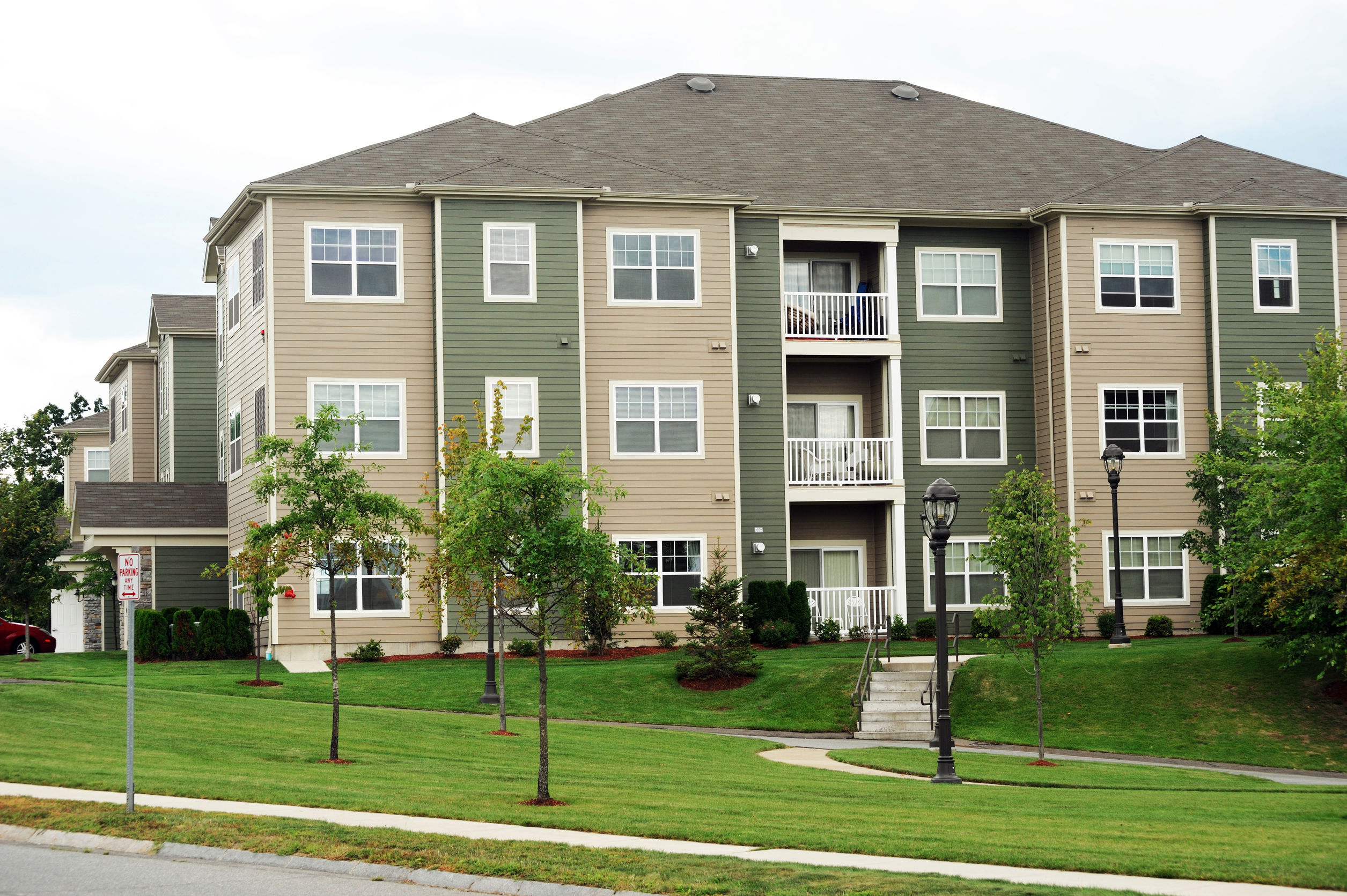After the daunting and scary process of buying a home, we understand that homeowners at times look into home security systems to be able to feel even more secure and take extra precautions for their perfect home.
The first thing to think about is your new home. Where you live, the size of your home, and your specific community rules will sometimes dictate what kind of security system you can actually purchase. Remember that some apartment complexes will have strict rules about drilling into exterior walls, renters will likely have to follow their landlord’s specifications, and a two-story home will need different equipment than a 12th story studio, to name just a few examples.
However, once you’ve figured out which security system is best for your living arrangements, these are 4 basic suggestions to consider before purchasing.
- Research! It is very important to be an informed consumer before actually speaking to home security providers. It can mean the difference between paying too much for equipment or monitoring you don’t need and finding the right for your circumstances.Make sure you look into self/professional monitoring, DIY/Pro installations, and all of the possible upselling a home security company may offer. Money.com just published a great article that breaks down the best home security companies and we recommend taking a look at it when starting your research.
- Purchase Equipment You Need. A lot of companies will try and sell you on a bundle package with many extra accessories that might not make sense for your specific home or apartment unit. For instance, if you live in that 12th-floor studio, you probably don’t need a glass break sensor on every window.
- Be prepared to answer questions — and combat upselling. Whenever you call a home security company, the representative is going to ask a series of questions about your home, so they can give you an accurate quote. They may also try to convince you to get equipment or other elements (like smart devices) that you may not really need. This goes back to our previous two points. If you’ve done your research, and know what makes sense for you, it’s likelier you won’t overpay.
- Call three different home security providers for quotes. This is advice that applies to every major decision, from home security to loans to insurance.
- Go through the contract fine print! This may seem like obvious advice, but you’d be surprised by the number of complaints we find (for most industries) which are never resolved, simply because the consumer didn’t really read their contract. Things to look into are: cancellation policies, contract length, moving policies, and hidden fees within contract and monthly payments.


